If you are an agency, business owner, marketer, or salesperson, you will have heard of the term lead generation thrown around. But what does it mean, and why is it so important for your business growth?
Simply put, lead generation refers to the act of finding and attracting prospects (or leads) for your offerings. It’s your first step in creating a pipeline of prospects that you can warm up and eventually turn into paying customers.
Hope this information about lead generation helps to give a better understanding of the implementation of lead generation in the business. Consider this as putting seeds into fertile soil, and it provides the groundwork for sales opportunities and sustainable growth.
In this guide, we’ll explain the basics of lead generation, share some tried-and-true strategies, and provide some tools you can use to streamline your efforts. By the end, you’ll have practical insights you can implement to start generating quality leads for your small business.
Understanding Your Audience
Before crafting strategies or investing in tools, you need to understand who you’re targeting. Lead generation starts with knowing your audience inside out.
Identifying Your Ideal Customer Profile (ICP)
An Ideal Customer Profile (ICP) is a detailed description of the type of customer who would benefit most from your offerings. Here’s how to create one:
- Demographic Information: What are the age, gender, location, and income levels of your ideal customers?
- Behavior: What problems are they trying to solve? How do they research solutions?
- Preferences: What communication methods resonate best with them (email, social media, calls)?
- Buyer Personas: Combine the above data to form a semi-fictional representation of your ideal customers.
For example, your ICP could look something like: “remote mid-level marketing professionals, aged between 30 and 40, employed in small- to medium-sized businesses, seeking low-cost automation solutions” if your business is in software.
Understanding this ensures you’re targeting the right audience, saving time and budget.
Lead Generation Strategies
Once you’ve identified your audience, the next step is creating touchpoints that attract and engage them. Below are some tried-and-true lead generation strategies.
1. Content Marketing
Content is a powerful way to inform, educate, and engage prospective leads. By offering valuable resources, you build trust and position your brand as an industry leader.
- Blog Posts: Write blog posts like this one to address challenges faced by your audience.
- Ebooks & Whitepapers: Create downloadable resources that offer in-depth solutions.
- Videos: Tutorials, product demos, and webinars capture attention quickly.
Pro Tip: Include calls-to-action (CTAs) in your content, like “Download our free lead-generation checklist” or “Subscribe to our newsletter.”
2. Social Media Marketing
Social media platforms are gold mines for lead generation. They’re where your audience goes for recommendations, reviews, and engaging stories.
- Create Targeted Ads: Platforms like Facebook, LinkedIn, and Instagram allow you to micro-target specific audiences.
- Host Giveaways: Offer free trials or discounts in exchange for an email subscription.
- Engage Consistently: Respond to comments, share user-generated content, and initiate conversations in direct messages.
3. Email Marketing
Still one of the most effective lead generation tactics, email marketing enables tailored communication that tracks every stage of the buyer’s journey.
- Build Your List: Use forms on your website or landing pages to collect emails.
- Segment Contacts: Organize emails by demographics, behavior, or recurring interests.
- Personalize Campaigns: The more specific the email, the higher the engagement. For example, “Hey Jane, here’s a discount on [Product] we think you’ll love!”
4. Search Engine Optimization (SEO)
Being discoverable on search engines like Google is crucial for organic lead generation. Here’s where SEO plays a vital role.
- Keyword Research: Identify keywords like “lead generation tools” or “inbound marketing tips” that your target audience is searching for.
- Optimize Content: Integrate keywords naturally into blogs, web pages, and metadata.
- Backlinks: Gain credibility by earning links from high-authority domains.
SEO is a long-term investment that ensures your business attracts leads consistently, without relying solely on paid ads.
Tools for Lead Generation
Managing your lead generation without the right tools can be overwhelming. Fortunately, software exists to simplify the process and drive better results.
1. Customer Relationship Management (CRM)
CRMs help you organize, track, and nurture your leads effectively. Popular options include:
- HubSpot CRM (Free version available): Great for small businesses starting out.
- Salesforce (Paid): Ideal for larger teams needing advanced analytics.
2. Marketing Automation Tools
These allow you to create drip campaigns, emails, and workflows that target prospects automatically based on behavior. Examples include Mailchimp, ActiveCampaign, and Marketo.
3. Lead Capture Tools
Adding pop-ups, forms, and landing pages to your site encourages visitors to share their info. Tools include OptinMonster, Unbounce, or Leadpages.
Measuring Success
Generating leads is only half the battle. To truly optimize, you need to continuously monitor metrics that tell you what’s working (and what isn’t).
Key Metrics (KPIs) to Track
- Conversion Rate: Percentage of visitors who become leads after interacting with your page or ad.
- Cost Per Lead (CPL): Reviewing CPL helps you allocate your budget wisely.
- Lead Quality: Not all leads are created equal. Assess how many convert to paying customers.
- Website Traffic: Track the number of visitors to assess SEO impacts.
Most tools like Google Analytics, HubSpot, and SEMrush offer dashboards with these KPIs for easy monitoring.
The Future of Lead Generation
As technology evolves, so do lead generation strategies. Future trends include AI-powered chatbots, voice search optimization, and hyper-personalized marketing via predictive analytics.
To stay competitive, businesses need to experiment, adapt, and constantly fine-tune their approach to capture quality leads.


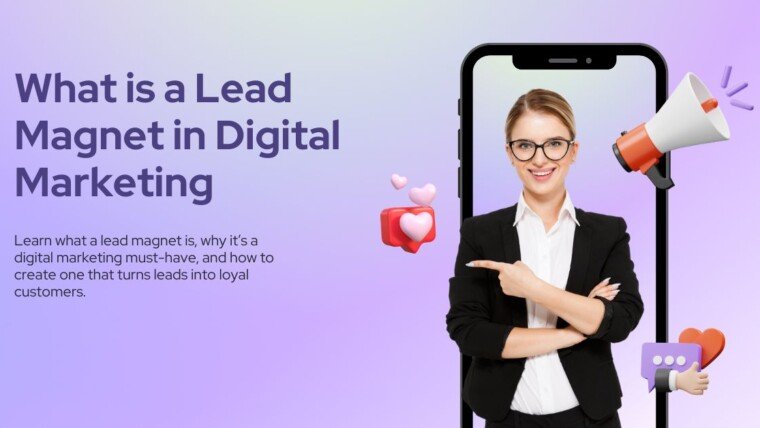
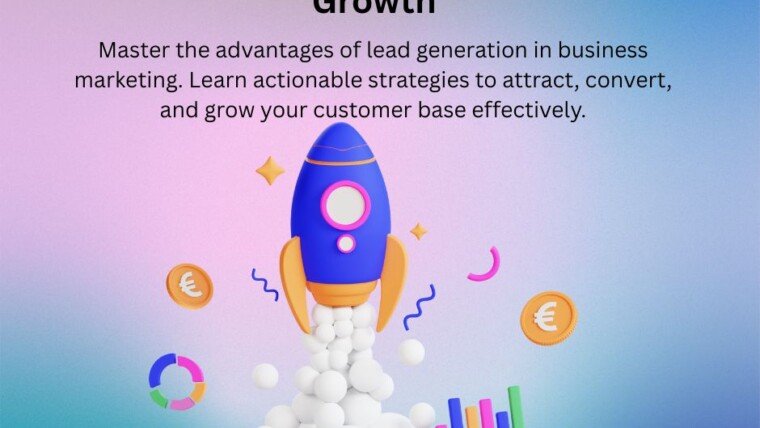

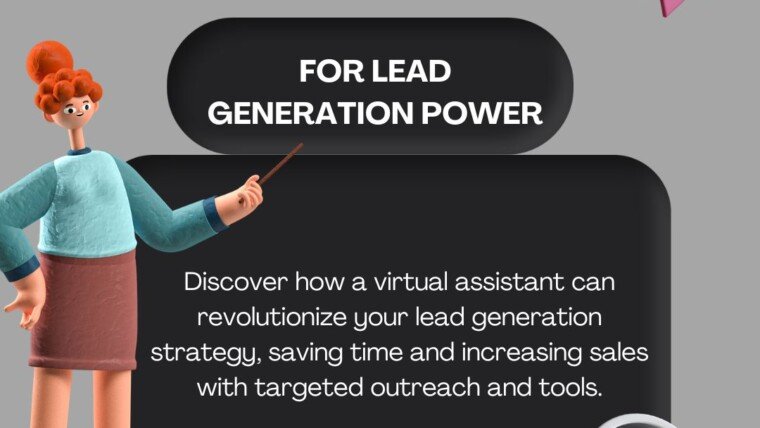
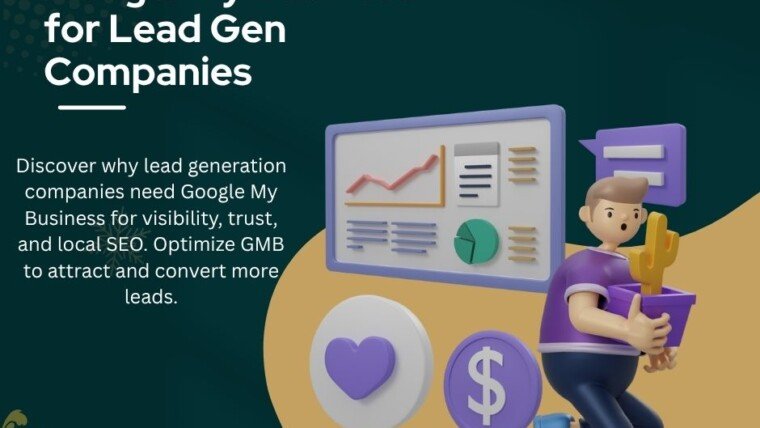
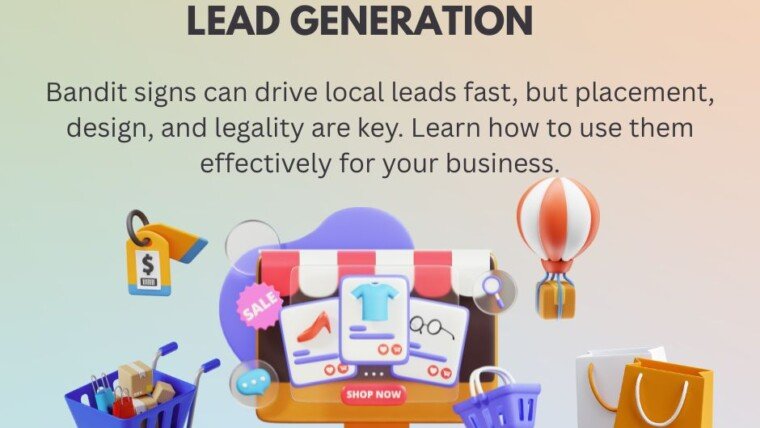
What is a Lead Magnet in Digital Marketing and Why Does It Matter?
Mastering Advantages Business Marketing
Do Lead Generation Companies Need Google My Business?
Do Bandit Signs Work for Generation of Leads